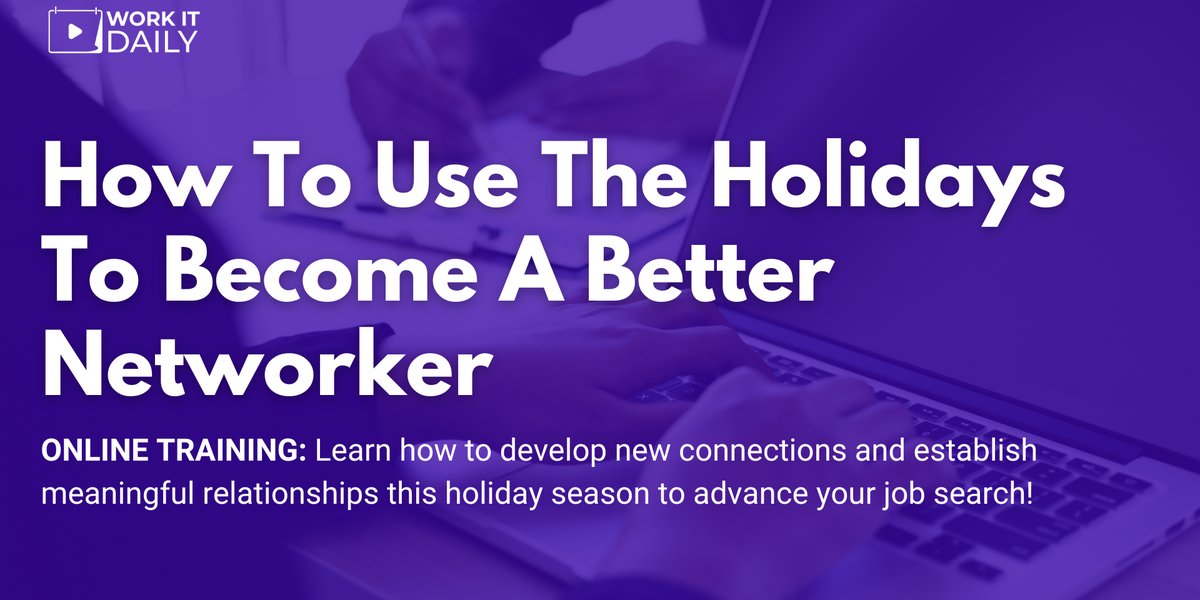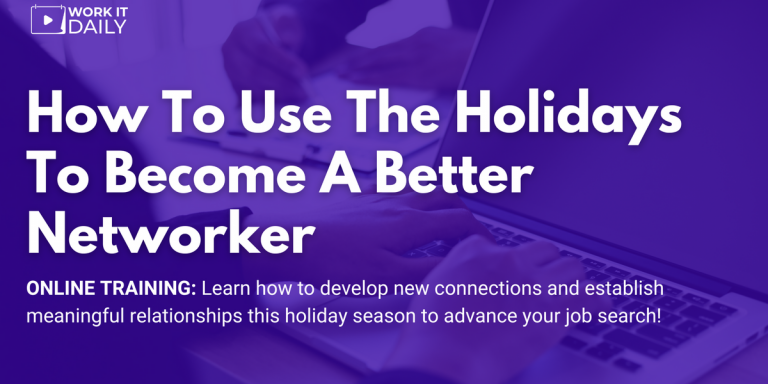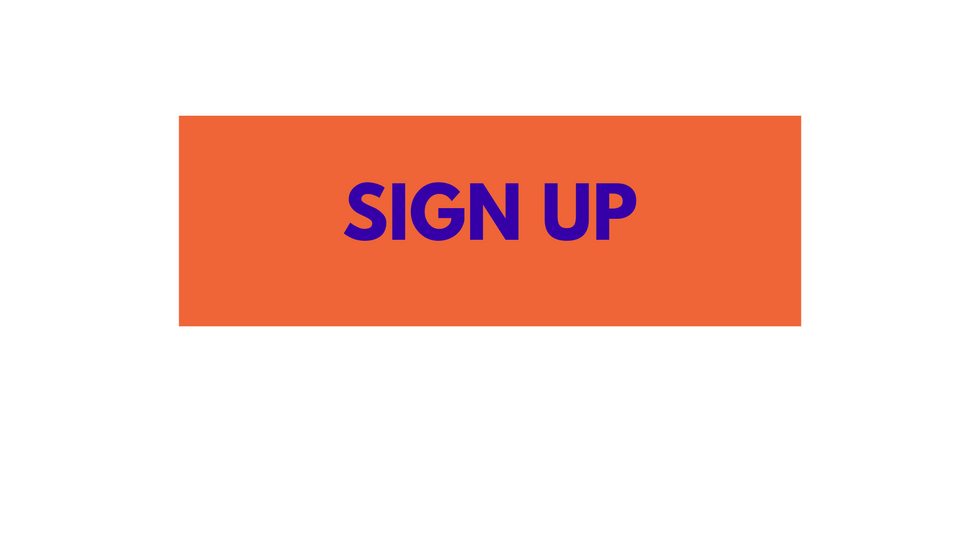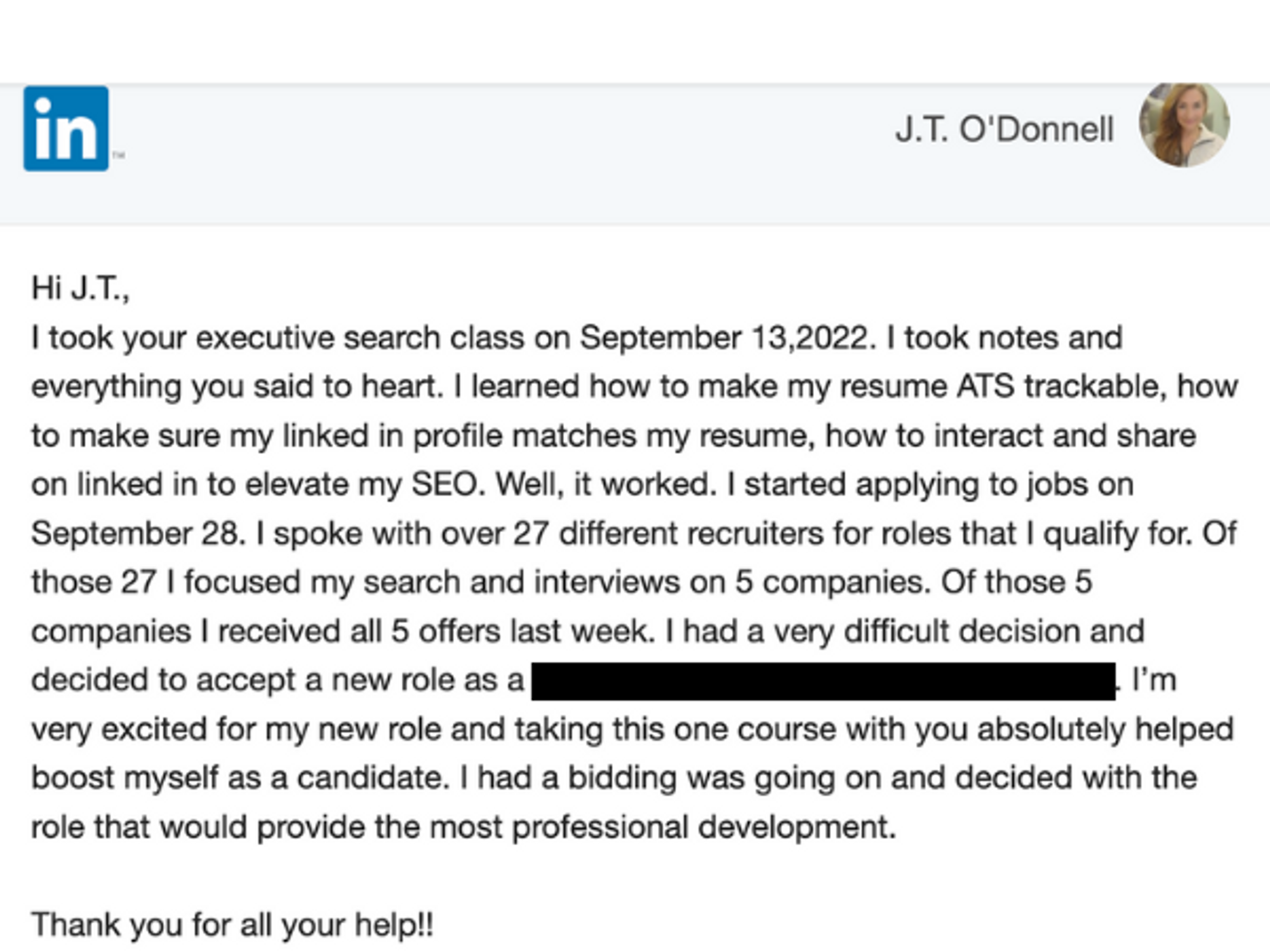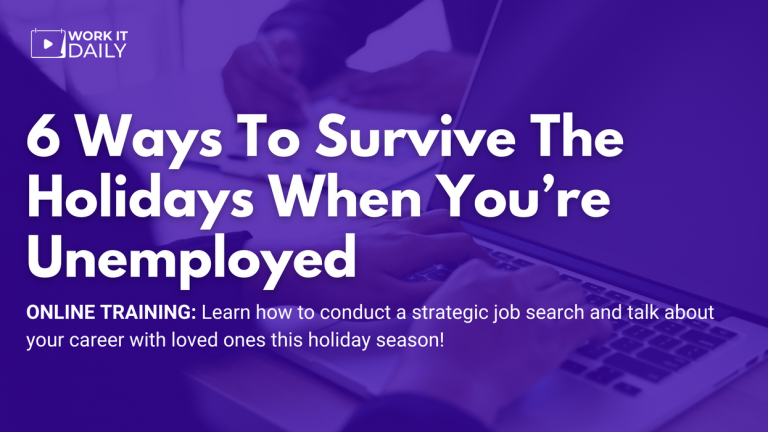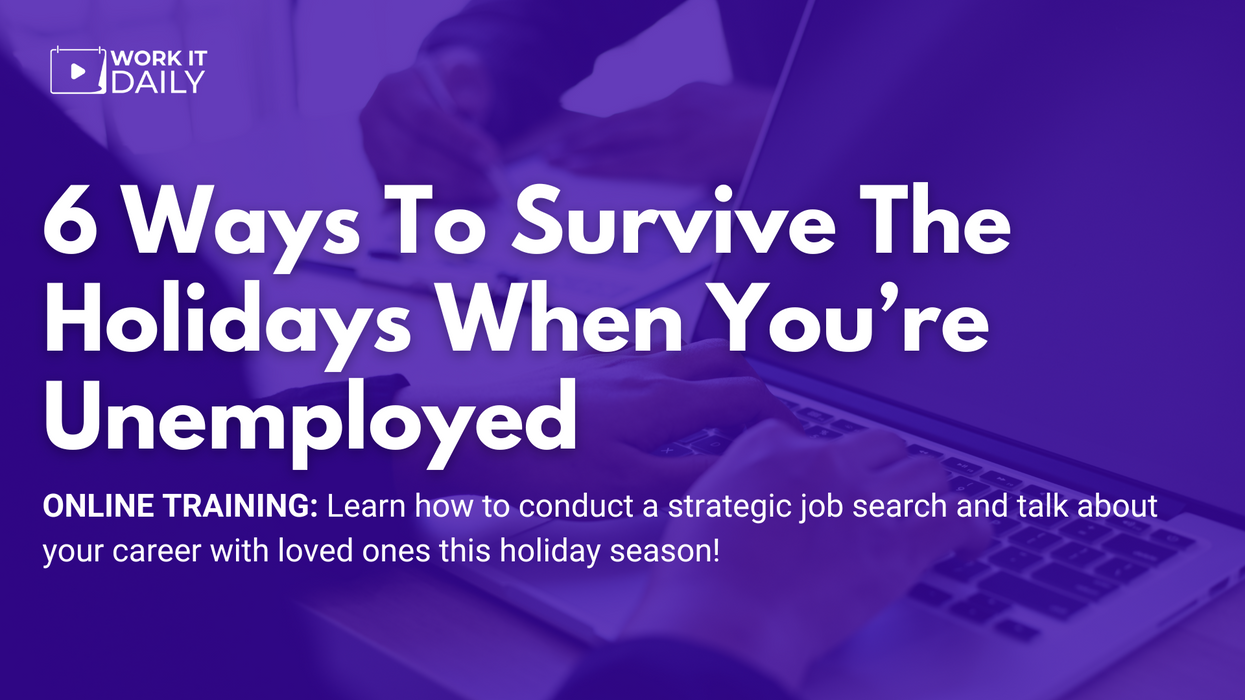
If you’re conducting an active job search, you’ve probably realized the traditional methods used to obtain employment are no longer effective. If you only apply for job opportunities using job boards and wait for calls to roll in, it won’t get you very far these days. So, we’ve developed eight tips for conducting an effective job search that will make a noticeable difference.
â1. Get To Know Yourself
Before starting a job search, getting to know more about who you are and what you’re looking for is critical. Write down what your hobbies and inter
2. Ensure Your Job Application Is Professional & Highlights Your Skills

Your job application includes your resume, cover letter, portfolio (if applicable), and LinkedIn profile. All of these materials are very important to your job search.
Your Resume
This must be well written and organized in a way that a potential reader can quickly see what sets you apart from other candidates. Identify what skills you have, quantify those skills and accomplishments on your resume, and customize your resume for each position you are applying for. By doing these few things, you’ll show employers a glimpse of the value you could bring to their organization, and your resume will be more likely to get past the ATS (applicant tracking systems).
Your Cover Letter
It’s not enough to write a cookie-cutter cover letter anymore. For an effective job search, write a disruptive cover letter for every job application you send out. It should tell a story and demonstrate why you would be a good fit for the organization.
Your Portfolio
Not everyone will need a portfolio, but if you are in a field that requires examples of your work, a portfolio is crucial to your job search. Include a digital portfolio of your best work. Employers want to pre-screen your work before they decide to call you in for an interview.
Your LinkedIn Profile
If you are not on LinkedIn you don’t exist in the employment world. The vast majority of employers use LinkedIn to recruit new employees. Make sure that your LinkedIn profile is optimized and the information listed matches what you have on your resume.
â3. Establish A Brand

Your brand is formed in various ways including in person, on social media (LinkedIn, Facebook, Twitter, Instagram), and on personal websites and correspondence. You always want to leave a good impression on others, no matter if it happens in person or online.
That’s why tip number one is so important to personal branding. You must know what you are good at. You also need to know what skills and expertise you possess that you want to leave with people. This will become your brand.
If you perfect the art of personal branding, employers will initiate contact with you.
4. Network Frequently

The first place to start when searching for employment is your personal network (former co-workers, family, friends, church members, and even friends on social media). These are the people who know you the best and will be more willing to refer you for an open position.
You must make networking a regular part of your activities, though, not just something you do during a job search. Join organizations related to your field of choice, attend networking events, and become active on LinkedIn and other social media platforms. Do what works best for you and be sure to have balance.
â5. Target Desired Companies & Positions

Target positions that you would like to have and companies that offer those types of positions, then see if you have any connections to company insiders (referrals are the leading source for obtaining interviews).
How do you figure out which companies to target? Create an interview bucket listâa list of 10 to 20 companies that you would love to work for that also hire for your skill sets.
Be proactive and contact hiring managers, even when there aren’t open positions posted on their company websites. Introduce yourself and see if you can obtain an informational interview to find out more about the company and what they look for in candidates.
â6. Create Job Search Plans & Strategies

After you’ve targeted the companies that you feel passionate about working for, put together a plan that will help you get hired at one of them.
Regularly evaluate your plans and strategies and stick with things that have had positive results. If what you are doing is not bringing results, it’s time to try a new approach.
â7. Follow Up With Employers

Once you have taken the steps to apply or inquire about a position, follow up with employers. Send a quick note that reiterates your passion for the company and desire to work there, and share an interesting article or video that you think they would find interesting. It’s about providing value in the little ways that you can to strengthen the connection.
The goal is to stay at the forefront of the hiring manager’s mind so when they need to fill an open position, you’ll be at the top of their list to contact first.
â8. Increase Your Marketability While You Search

Don’t get comfortable with your accomplishments. Continue to develop your skills and gain more experience while you are conducting your job searchâand even when you are employed.
In your career, if you’re not growing, you’re dying. Seek professional development opportunities to make yourself more marketable to employers. Work on your career every day. To truly stand out in a competitive job market, you can’t afford to think you have what it takes to get hired. You need to prove it.
Always be looking for opportunities to grow your career!
In order to conduct an effective job search, it’s important to follow the tips above.
School doesn’t teach us how to get the job. So, don’t be so hard on yourself! You can (and will!) find a job. Give these steps a try and see how much of a difference it makes in your job search.
Need more help with your job search?
We’d love it if you signed up for Work It Daily’s Event Subscription! Get your career questions answered in our next live event!
This article was originally published at an earlier date.
